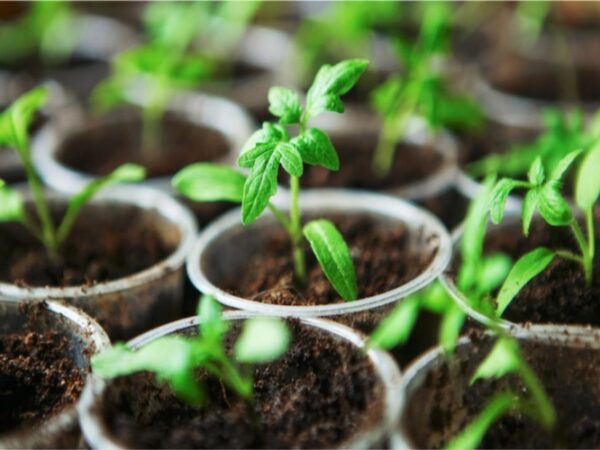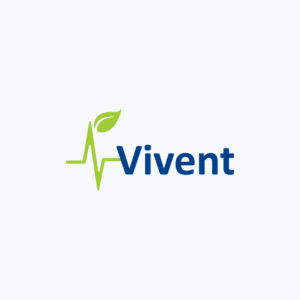
During the World Agri-Tech Innovation Summit 2022 there were several startups whose focus is the optimization of nutrition. One of these, Encera, has selected bacteria capable of reducing the supply of nitrogen fertilizers

Bacteria can partially replace the use of synthetic fertilizers (Archive photo) – Photo source: © EduardSV – Adobe Stock
Production inputs are increasingly difficult to find and expensive to purchase. And so many farms tend to reduce their use, especially in terms of nitrogen fertilizers, whose production is closely linked to the use of fossil fuels.
To avoid production drops, it is therefore necessary to optimize the use of available resources , such as water or the fertilizers themselves. Several companies are working towards this goal that took part in the World Agri-Tech Innovation Summit 2022 , the event that every year gathers startups, researchers and companies from all over the world in London and San Francisco.
Bacteria feed the plants
Encera has faced the challenge of nitrogen nutrition of crops from an interesting angle. The team of scientists has in fact isolated from sugar cane bacteria capable of fixing atmospheric nitrogen and making it available for plants, as occurs naturally in the case of legumes.
“Our solution can be applied to any crop and is able to reduce the need to resort to nitrogen fertilizers in variable percentages , by 10-20% in corn for example” , they explain to us from the startup we meet during the edition just ended. of World Agri-Tech , an event of which AgroNotizie ® is media partner.
“The bacteria penetrate inside the plant organism and work there to fix the atmospheric nitrogen . This allows us to bring the nourishment exactly where it is needed and moreover there is no competition between our microorganisms and those naturally present in the soil” .
The solution, already on the market in the US and Canada, could soon arrive in Europe as well. The positive aspect of this technology, compared to other similar ones, is that the bacteria are not subject to genetic improvement thanks to biotechnologies and therefore are not subject to the typical restrictions of GMOs .
Sensors and software to listen to crops
Crop health monitoring is also essential to optimize the use of resources. Treetoscope is an Israeli startup that has developed sensors to monitor the hydration status of crops. The farmer has to insert small devices inside the fruit tree trunk (they are also working on herbaceous crops). The system measures the hydration status of the plant and sends the data to a remotely monitored platform. In this way it is possible to intervene with irrigation at the right time, without wasting water or causing the plant to get into stress.
Vivent instead thought of applying the concept of ECG (the electrocardiogram with which the human heart is monitored) to plants. Two electrodes are inserted into any plant (for example in the foot and in the leaves) and are able to identify the presence of stress , linked for example to water and nutritional deficiencies or to the infection of pathogenic microorganisms. It is a system, says the Swiss scale-up, which allows problems to be identified early before they can cause damage to the crop.
xFarm , an Italian-Swiss reality, has instead developed a platform for precision agriculture that allows you to manage from crop monitoring to the creation of prescription maps. Here, too, the goal is to give plants what they need exactly when they need it, minimizing waste .
Finally Gardin has developed a sensor and software that allows remote phenotyping of plants. A useful tool for research centers and breeders who today have much more cumbersome and less versatile tools at their disposal.
AgroNotizie ® is a registered trademark of Image Line ® Srl Unipersonale
© AgroNotizie – reserved reproduction
Source: Agronotizie
Author: Tommaso Cinquemani




